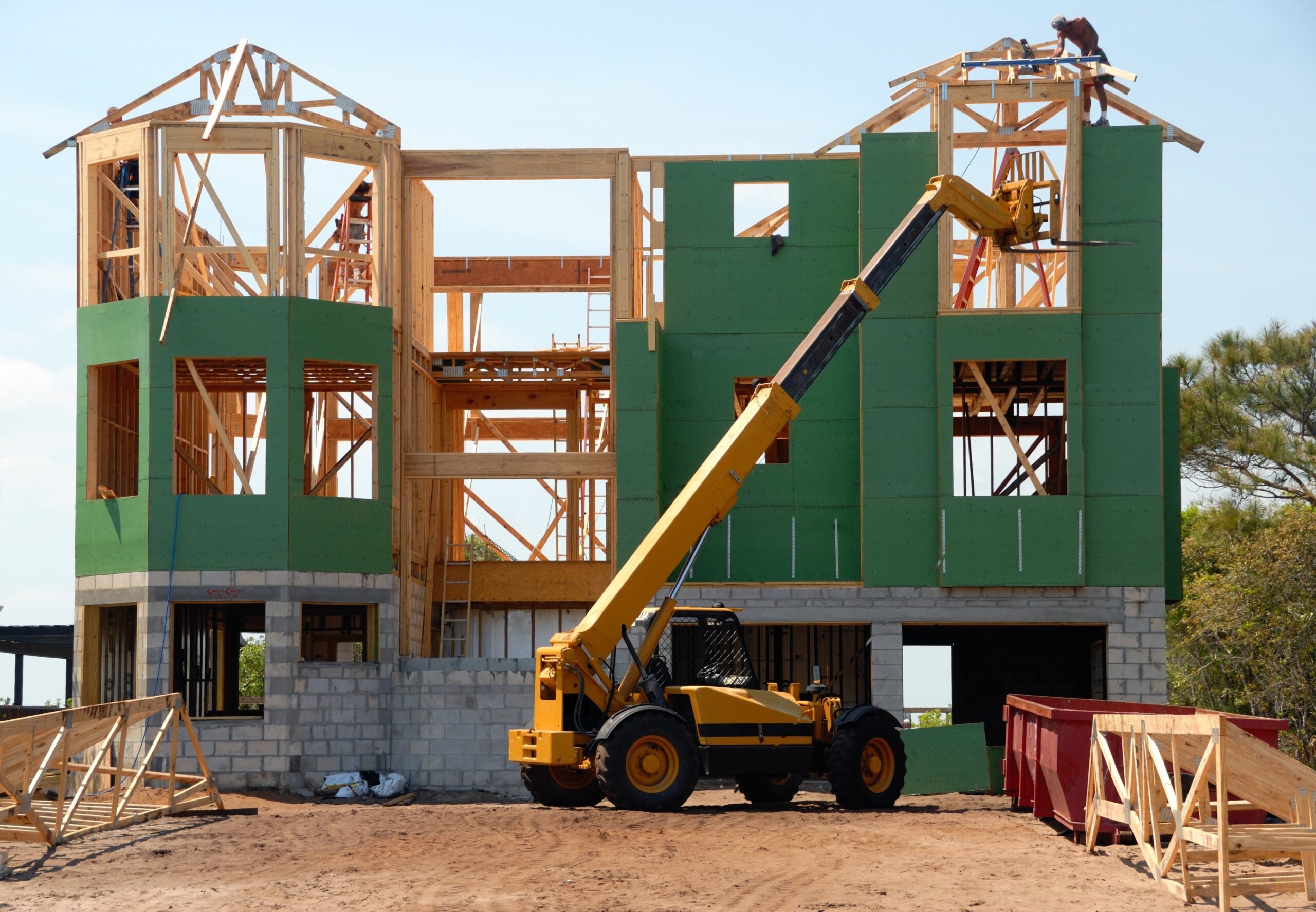Canada’s construction landscape showed marked growth in September, as the total value of building permits surged by $1.3 billion (11.5%), reaching $13.0 billion. The increase, the second-highest monthly level recorded since January 2017, reflects both residential and non-residential sector expansions nationwide. Ontario led the way, particularly in institutional and multi-unit residential construction, marking a period of robust development that aligns with ongoing investments in long-term care and hospital infrastructure.
Non-residential construction in September accounted for significant growth in Canada’s permit values, increasing by $797.5 million (18.0%) to reach $5.2 billion. Ontario predominantly fueled this gain. The institutional construction permits increased by $502.1 million to a series-high of $801.2 million. The province’s growth was bolstered by commitments to expand long-term care facilities and major health infrastructure, as highlighted by the recent approval of a hospital project in Prince Edward County. These efforts align with the Ontario government’s pledge in its 2024 budget to boost long-term care capacity.
Other provinces also contributed to the non-residential sector’s gains. Manitoba recorded a $99.5 million increase in institutional construction permits, while Alberta added $90.0 million. Meanwhile, industrial and commercial intentions saw slight declines, with industrial permits down by $17.6 million and commercial permits dipping by $9.9 million.
Canada’s residential construction intentions rose by $540.7 million (7.5%) in September, totaling $7.7 billion, propelled by a substantial rise in multi-unit projects. Ontario alone contributed an $812.3 million increase in the multi-unit segment, with new permits emerging in major cities like Toronto, Barrie, and Mississauga. While the single-family component saw a modest gain of $35.1 million, the multi-unit growth underscores a broader demand for urban residential space in Ontario’s densely populated areas.
On a quarterly basis, Canada’s building permits reached $37.0 billion in Q3 2024, marking a $2.0 billion (5.6%) rise from the previous quarter. The third quarter set a new high for the non-residential sector, which grew by $1.9 billion (14.6%) to an unprecedented $14.6 billion. Ontario once again led the charge, contributing $1.5 billion of the non-residential growth, largely in industrial permits. Notably, a major August permit for a battery plant in St. Thomas, Ontario, played a key role, lifting the total value of industrial permits to a record-setting $4.0 billion.
The residential sector’s quarterly increase was less pronounced, increasing by $101.1 million (0.5%) to $22.4 billion in Q3. Single-family home construction led the sector’s growth, reversing previous declines with an increase of $285.9 million. In contrast, the multi-unit component experienced its first drop this year, falling by $184.8 million. However, the multi-unit segment remains near peak levels, driven by consistent demand and substantial investments, particularly in Ontario and Quebec.

